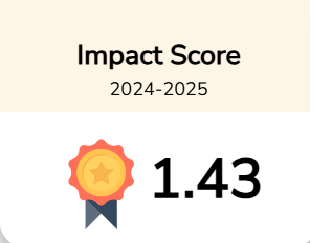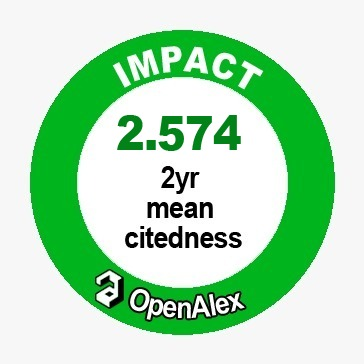Key factors of business sustainability: Strengthening leadership, psychology, and fairness aspects from an Islamic-management perspective
Downloads
Purpose: The aim of this study is to investigate the relationship between factors in HRM management development and organizational strategy using the philosophical values approach of Islamic studies. The assessment of organizational performance characteristics with strategic management values and psychological techniques in human resource management is part of the study's state-of-the-art and distinctive characteristics.
Design/Methodology/Approach: The method used in this study is Structural Equation Modeling (SEM) with the selection of analysis using non-parametric Smart-PLS. We analyzed 256 samples of lecturers at several private universities within the LLDIKTI-IX, Sulawesi, Indonesia.
Findings: 14 hypotheses are reviewed in this study. According to our findings, 13 hypotheses have a positive and significant effect on the dependent variable. The antecedents of Islamic management values, leadership style, religiosity and fairness can increase complex effects on organizational motivation, HRM engagement, performance and organizational sustainability.
Conclusion: Our findings provide theoretical and managerial reinforcement of various long-term strategic considerations to support the effect of organizational sustainability by reviewing the HRM aspect as an intangible asset.
Research Implications: This study contributes to broadening the theoretical understanding of strategic management studies developed with a psychological approach as well as Islamic value management.
Practical Implications: Organisations must pay attention to various crucial variables to boost job satisfaction, motivation and employee engagement such as HR development components and work evaluations carried out and developed on a regular basis.





